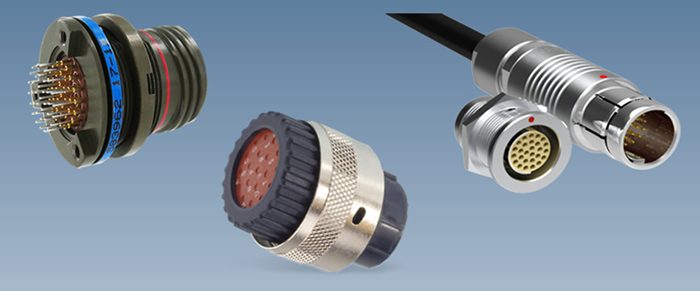In today’s fast-paced manufacturing landscape, seamless connectivity is the key to unlocking efficiency and productivity. At the core of this connectivity lies the industrial connector, a critical component that enables seamless communication between machinery, equipment, and systems. This comprehensive guide explores the essential features of these connectors, emphasizes their importance, and highlights their versatile applications across industries.
Why Industrial Connectors Are Used
Industrial connectors serve as the lifeline of modern business operations, providing secure and efficient data and power transmission. Their importance lies in their ability to establish reliable connections that enable real-time communication and automation, streamlining complex production processes.
- Ensuring Efficient Power Distribution:
Industrial establishments require power distribution for smooth and uninterrupted operation. Connectors with accurate voltage and current ratings ensure efficient power delivery to various machinery and equipment. By facilitating uninterrupted power flow, they prevent power outages that can cause costly downtime and operational delays.
- Facilitating Real-Time Data Communication:
Data communication is the backbone of smart industrial systems. Connectors with low contact resistance enable efficient data transmission. It allows critical information to be shared in near real-time between sensors, control systems, and central monitoring stations. This capability is essential for data-driven decision-making and predictive maintenance.
- Withstanding Harsh Environmental Conditions:
Industrial environments can be harsh, requiring connectors to withstand exposure to extreme temperatures, humidity, dust, and chemicals. The connectors’ temperature range and IP rating ensure flexibility under challenging conditions, guaranteeing reliable performance and longevity even in demanding environments.
- Secure Connections with Robust Locking Mechanisms:
Unexpected connections can interrupt industrial operations. Connectors equipped with secure locking mechanisms prevent accidental unplugging and ensure a stable connection, protecting against potential system failures.
Essential Specifications for Industrial Connectors
- Voltage Rating: This represents the maximum voltage the connector can safely handle. It ensures that it can safely provide power to commercial equipment and devices. Choosing the right voltage rating ensures efficient power delivery in industrial systems.
- Current Rating: Determines the maximum current the connector can conduct without overheating. It plays a vital role in powering high-performance machinery and heavy-duty applications while guaranteeing reliable and stable power delivery throughout industrial setups.
- Contact Resistance: Low contact resistance is imperative for connectors because it affects data and power transmission efficiency. Low-contact resistance connectors provide uninterrupted signal flow, reduce energy loss, and improve connectivity reliability.
- Insulation Resistance: High insulation resistance can prevent electrical leakage between the contacts or in the connector housing. Adequate insulation resistance guarantees personnel and equipment safety by reducing electrical accidents.
- Durability: Durability is critical when considering industrial connectors. Additional specifications include the number of mating cycles a connector can tolerate before performance degrades. High-durability connectors provide extended service life and reduce maintenance costs.
- Locking Mechanism: The locking mechanism specification determines how securely the connector engages and maintains the connection. A secure locking mechanism is essential in industrial applications to prevent accidental disconnection and ensure a stable and reliable connection.
- Material and Plating: Industrial connectors often encounter challenging environments, including chemical exposure, moisture, and physical wear. The materials used in the connector’s construction and the plating on its contacts play a vital role in its resistance to corrosion and wear. It contributes to connector longevity and reliability.



